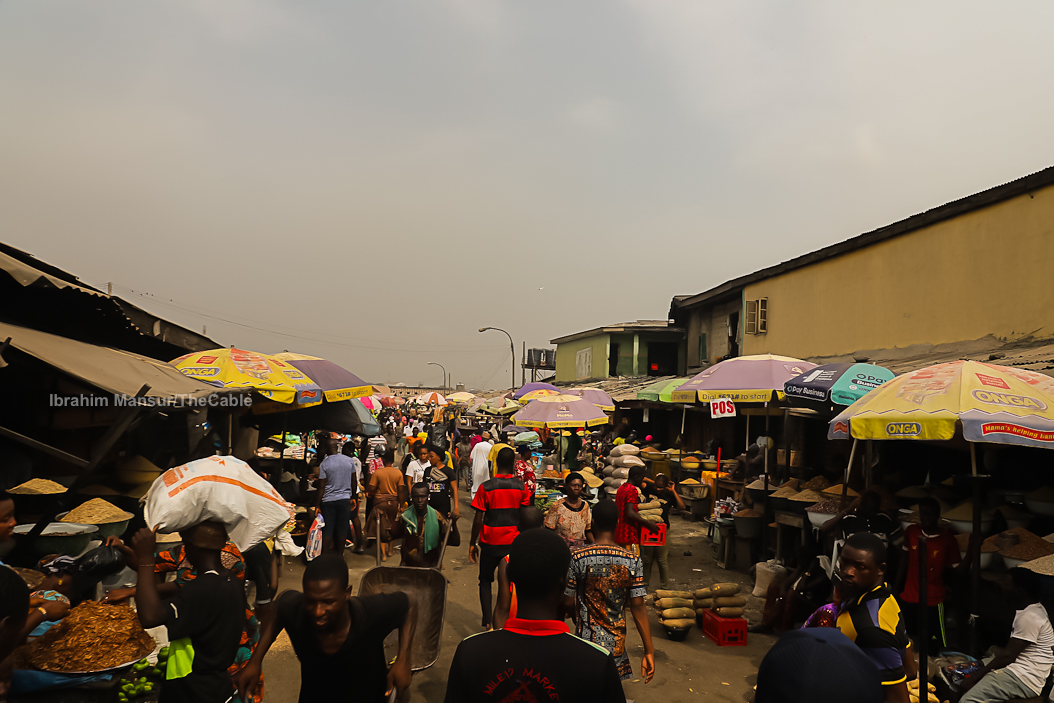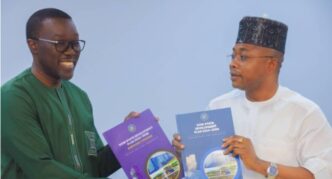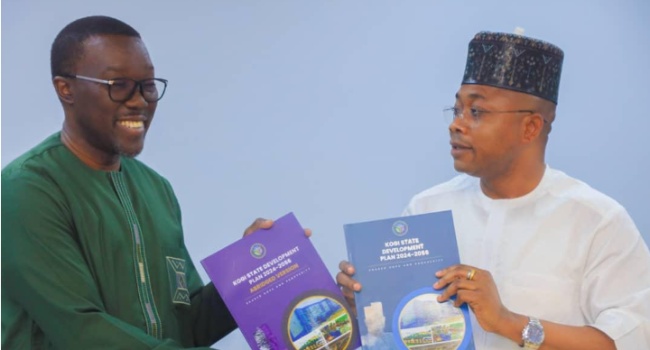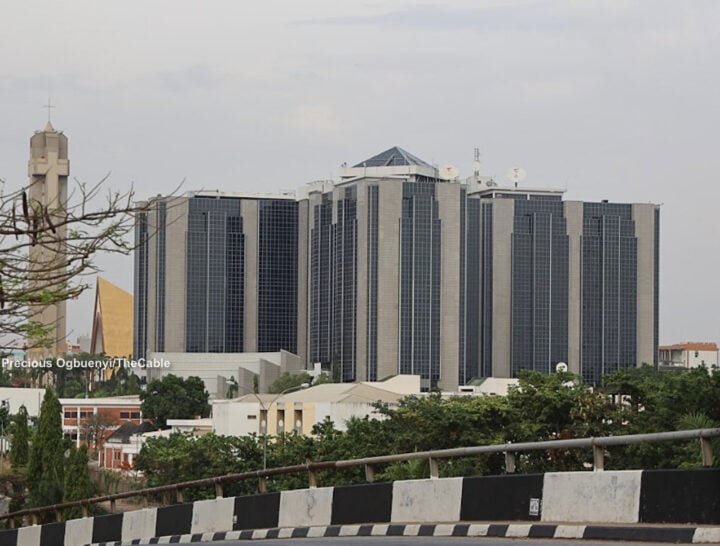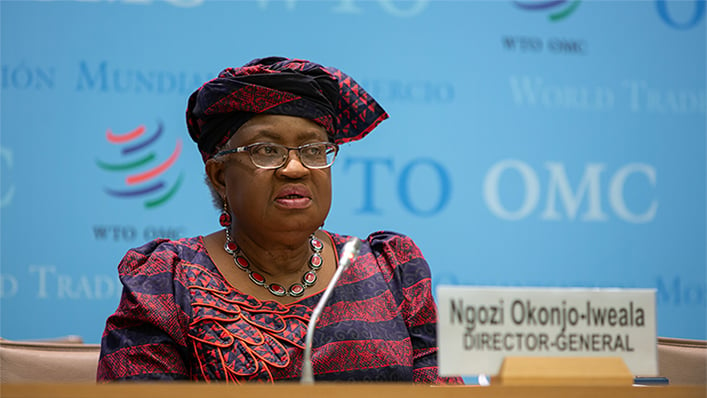Olayemi Cardoso, governor of the Central Bank of Nigeria (CBN), says inflation is pushing Nigerians into different categories of poverty.
Cardoso said controlling inflation is in the best interest of Nigerians.
He spoke on Tuesday during a press briefing at the end of the monetary policy committee (MPC) meeting in Abuja.
The governor highlighted the significant impact of inflation on the economy, saying purchasing power has diminished and poverty levels have increased.
Advertisement
Cardoso stressed the importance of taming inflation for the average individual and the organised private sector, which faces its own consequences.
He also acknowledged the need for economic growth and the challenges posed by high interest rates imposed to control inflation and ensure the economy’s long-term stability.
“I think I will just say one or two things and these are some of the things that we discuss with the organised private sector that inflation really and truly is having a major impact on our economy,” Cardoso said.
Advertisement
“Purchasing power is getting eroded, people are being pushed into different categories of poverty, and it is in their own interest that we are able to tame the scourge of inflation. If not, the ramifications will also be for them.
“It is not on the average man alone, it will also be for them and we understand the need for growth and we also understand that it is relatively challenging when you have high interest rates.
“My belief is that it is so fundamental to the long-term future and stability of our economy, that inflation should be brought under control.”
According to Cardoso, these short-term pains will eventually benefit the economy and the manufacturing sector.
Advertisement
Speaking on the current economic situation, the CBN governor said the influx of liquidity into the system over a short period played a significant role.
He said the consequences of printing money through ways and means advances are being felt, leading to an out-of-control money supply trajectory.
Cardoso said in response to this, interest rates are being raised to manage the money supply and prevent further spikes.
On Tuesday, MPC raised the monetary policy rate (MPR), which benchmarks interest rates, to 26.75 percent — from 26.25 percent.
Advertisement
Last week, Nigeria’s inflation rate rose to 34.19 percent amid the surge in food prices.
Speaking further, Cardoso said MPC voted to hike the rate by 50 basis points to 26.75 percent, adjust the asymmetric corridor to +500 and -100 basis points around the MPR.
Advertisement
The committee retained the cash reserve ratio (CRR) at 45 percent, and liquidity ratio at 30 percent.
Advertisement
Add a comment
